The Balancing Act of Pricing and Production in Michigan's Rosin Industry
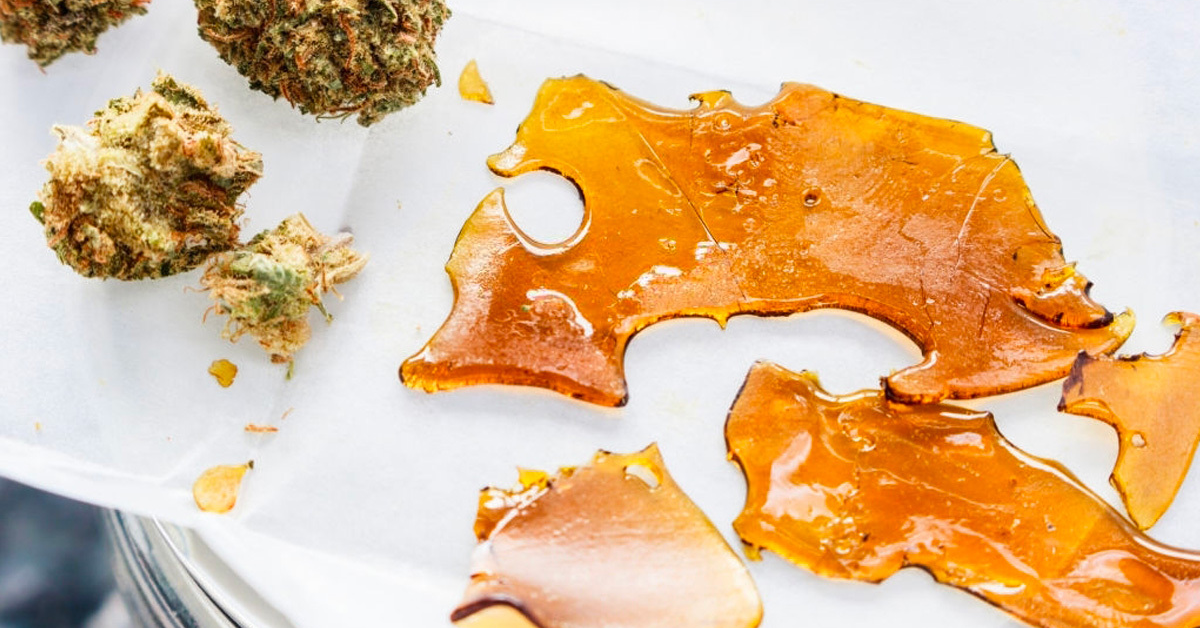
In the evolving landscape of Michigan's cannabis industry, a specific segment, the rosin market, is experiencing significant economic challenges. Rosin, a popular cannabis concentrate known for its purity and potency, is currently caught in a precarious financial situation. This is largely due to the discrepancy between production costs and retail pricing.
On the producer side, the situation is becoming increasingly untenable. The current market rate for rosin sold from producers to retailers is often lower than the production costs. Despite this, retailers continue to charge consumers standard prices, frequently marking up the product by 3 to 4 times its wholesale cost.
This issue seems to permeate all levels of the market, including both the caregiver (CG) market and top-tier licensed producers. While some companies and CGs have been thriving, charging over $50 per gram, there's a growing concern about market sustainability. The introduction of new players every few weeks suggests an impending saturation point.
A critical threshold appears to be at the $40 retail price for a single gram of rosin. When prices drop to this level, it indicates that producers are operating on minimal profit margins or potentially incurring losses. For instance, a wet pound of cannabis, roughly 2,250 grams, might yield about 67 grams of rosin at a 3% conversion rate. This amount, costing around $600 to produce, would only generate $1,340 at a sale price of $20 per gram. After deducting the initial material expense, producers are left with a narrow margin before accounting for labor, testing, packaging, and transportation costs.
For the rosin market to remain viable, several changes are essential. Producers must adapt to survive on a 15-20% margin and focus on strains that yield higher rosin percentages, albeit often with less desirable terpenes. Consumers would need to accept paying higher prices, around $50-$60 per gram. Retail shops, currently operating on 2-5x markups, would also need to adjust their pricing strategies, although this remains unlikely.
Producers are finding this situation increasingly discouraging, especially in Michigan. The imbalance where retailers profit significantly more than the producers is not a new phenomenon in the cannabis industry, but it has become more pronounced recently. Vertical integration, where companies control multiple stages of the production and distribution process, can mitigate some of these challenges, but tax liabilities remain a significant burden.
Despite these challenges, there will always be a market for innovative and high-quality products. Even well-established legacy CG brands are adjusting their prices to stay competitive. Smaller producers with strong brand recognition, like 710 Labs, can command higher prices than larger producers, regardless of quality, due to lower overhead costs.
The current dynamics in Michigan's rosin market reflect broader trends in the cannabis industry, highlighting the need for balance between production costs, retail pricing, and consumer expectations.
Two New Marijuana Dispensaries Set to Open in Escanaba
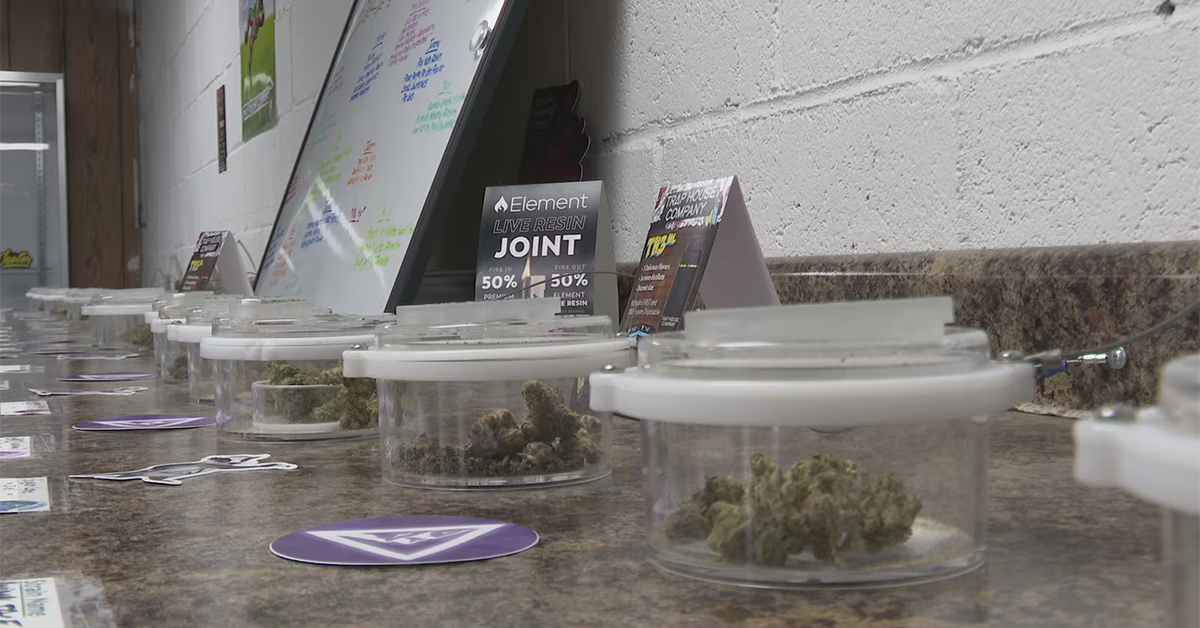
In Escanaba, Michigan, two new cannabis dispensaries are set to open in 2024, bringing a fresh dynamic to the local marijuana industry. The former Hudson's Restaurant building, a well-known local landmark, is undergoing a transformation as it prepares to house The Fire Station, a cannabis dispensary. This new establishment will be located conveniently close to the Nirvana Center, another active dispensary in the area.
The Fire Station, known for its presence in the cannabis market, has announced plans to commence construction of this new facility within the 2024 fiscal year. This development is part of the growing trend of repurposing existing structures for cannabis retail operations, reflecting the industry's integration into local communities.
Additionally, Wacky Jackz is set to open its second dispensary location. Positioned strategically on HWY 2, just at the threshold of Escanaba, this new site is currently under construction. A representative from Wacky Jackz has indicated that the construction is on track, with an expected completion and opening slated for the spring of 2024.
Escanaba's cannabis market is already home to several dispensaries, including Elevated Exotics and Lume. Elevated Exotics is conveniently located downtown at the corner of 10th and Ludington, while Lume is situated on Willow Creek Road. The introduction of The Fire Station and Wacky Jackz will further expand the choices available to consumers in the region, indicating a robust and growing cannabis industry in Delta County.
Nirvana Center to Open as Port Huron's Fourth Cannabis Store in Former Pizza Hut Location
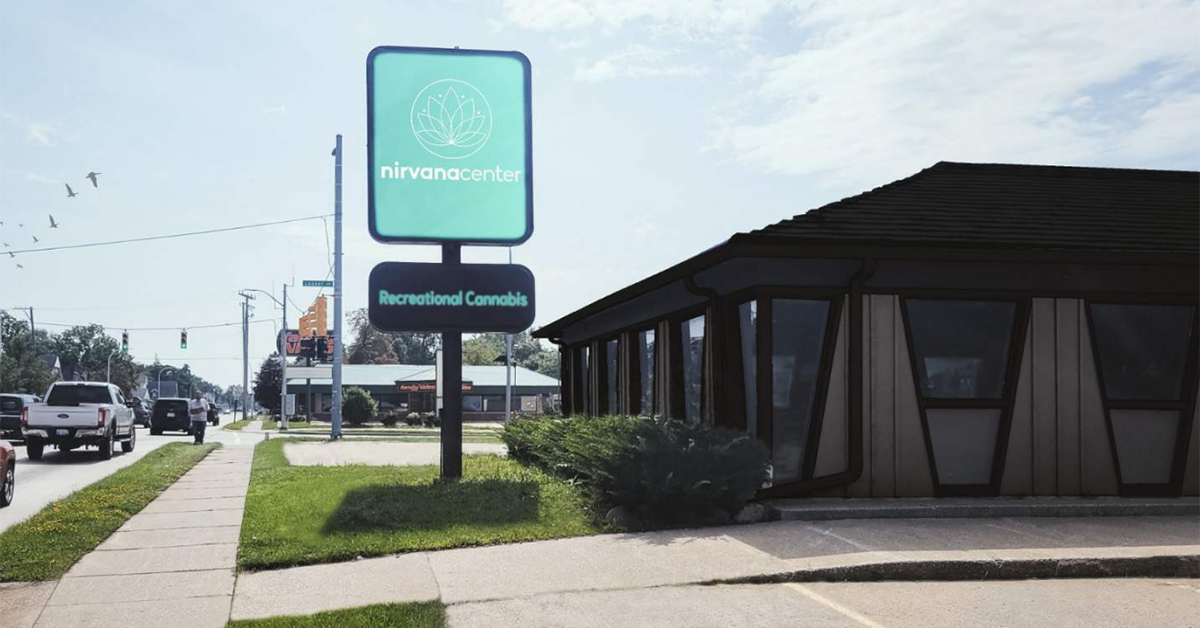
Port Huron, a city known for its vibrant community and dynamic business landscape, is poised to welcome an exciting new addition to its retail sector. Plans are underway for the opening of a fourth adult-use marijuana shop, the Nirvana Center, located strategically at the intersection of 10th Street and Lapeer Avenue. This development represents not just an expansion of the city's cannabis industry but also a significant transformation of a familiar city landmark.
The Nirvana Center, earmarked for the site at 1007 Lapeer Ave, is slated to occupy a substantial 20,800-square-foot space, previously home to a Pizza Hut restaurant. The project, recently greenlit by the city's planning commissioners, involves the repurposing of the vacated storefront. The site is expected to don bright turquoise signage, a visual testament to its new role in the recreational cannabis market.
Morgan Mansour, the project manager overseeing the Nirvana Center's development, spoke about the strategic choice of location. He highlighted the advantages of the site, including its visibility and accessibility due to the existing traffic flow. Mansour emphasized the significance of the investment involved in transforming the site and shared plans to integrate the store into the local community. A key aspect of this integration is the creation of new jobs. The store is expected to employ at least 15 individuals, with the number potentially rising to 20, depending on the balance of full-time and part-time positions. In a nod to local economic development, the project is also looking to engage local contractors for the required construction and renovation work.
The journey of the Nirvana Center in Port Huron is part of a broader narrative involving Revolution Strains, Inc., which initially received local permitting for a retail operation under the city's cannabis ordinance. This ordinance, approved by voters, paved the way for various cannabis-related businesses, including consumption lounges and microbusinesses, to set up shop in the city. However, the implementation of these plans was delayed due to legal challenges. Applicants for local licensure found themselves entangled in litigation, primarily centered around the scoring system used in the ordinance. This legal impasse continued until early 2023, when the original provisional license recipients, including the Nirvana Center, were finally allowed to proceed with their plans.
The approval of the Nirvana Center's special use permit by the planning commission is a critical milestone. This permit, a requirement under local zoning laws, marks the Nirvana Center as the fourth cannabis outlet within the last year to navigate the city's regulatory landscape successfully. This follows the developments of other cannabis retailers in the city, including Exhibit Cannabis, which experienced a fire incident on site, JARS Cannabis located downtown, and Ox Tail Inc., operating under the name Moses Roses in the former Ernest Camera Shoppe. Each of these outlets had planned openings towards the end of the previous year, though as of this week, no official opening dates have been announced.
The choice of the former Pizza Hut location for the Nirvana Center was a strategic shift from the initially planned site at 2569 Lapeer Ave, which was a Peak Performance Oil and Lube establishment. Mansour elaborated on the decision to move locations, highlighting the suitability of the former Pizza Hut site. He noted that under the local licensure ordinance, transferring licenses or changing addresses is permissible, provided the city clerk's office is duly notified.
The Nirvana Center's development at 1007 Lapeer Ave is part of a larger picture, with multiple sites across the city being considered for cannabis retail operations by various operators. One such operator, Portage Acquisitions, Inc., has submitted applications for several sites and has been granted licenses for locations elsewhere in the city. However, unlike the Nirvana Center, Portage Acquisitions has not yet brought a special use request to the planning commission for any of these sites.
During the planning commission's discussion, the plans for the Nirvana Center were reviewed briefly, with Mansour affirming the thoroughness of their preparatory work. He expressed optimism about the timeline for the store's opening, anticipating readiness for operation within 90 days following structural upgrades, particularly to the building's roof. The selection of the former Pizza Hut site over other locations was attributed to its overall suitability for the intended purpose.
The Nirvana Center in Port Huron is poised to become the 14th outlet in the state of Michigan under this brand, with another location set to open soon in Royal Oak. Mansour spoke about the significance of revitalizing the long-vacant site at 10th and Lapeer, bringing a new lease of life to an area familiar to many in the community.
Addressing potential concerns from the community, Mansour assured planning commissioners of comprehensive security measures, including 24-hour surveillance. Additionally, the issue of odor, often a concern in cannabis retail operations, has been proactively addressed with plans to neutralize the air within the store. Mansour confidently stated that the experience of operating multiple outlets has equipped the Nirvana Center team with effective solutions to such challenges, ensuring that their retail operations will not adversely impact the surrounding area.
The introduction of the Nirvana Center to Port Huron's cannabis retail scene marks a significant development for the city. It reflects not only the growth of the cannabis industry but also the adaptive reuse of commercial spaces, contributing to the revitalization of the local economy. This project, with its emphasis on local employment, community integration, and sensitive operational practices, exemplifies a model of business development that aligns with the city's broader goals of sustainable growth and community enhancement.
Buchanan Welcomes Lifted Microgrowery, A New Take on Cannabis Retail and Cultivation
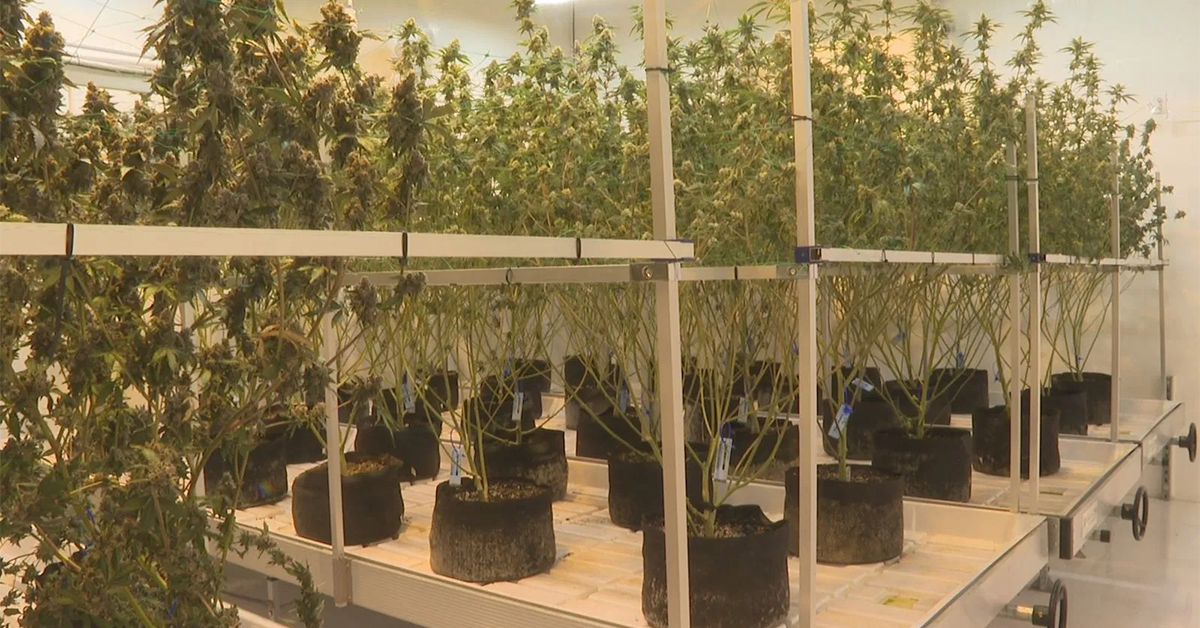
In Buchanan, a novel concept in the marijuana industry is taking root as two entrepreneurial brothers, Michael and RJ Walpole, are on the brink of launching the city's inaugural marijuana microgrowery, aptly named Lifted Microgrowery. This venture, four years in the making, merges the duo's diverse interests and expertise to introduce a distinctive dispensary experience to the local community.
Lifted Microgrowery distinguishes itself with a unique license - the micro business license. This permits the establishment to operate as a small-scale cultivation facility coupled with a retail space. A key aspect of this license is the requirement for all cannabis sold to be grown on-site, precluding the import or export of flower products. This model, while limiting the operation to 300 plants, ensures heightened control over quality, fostering a more intimate approach to cannabis cultivation.
Michael Walpole elucidates this unique approach, explaining that each cannabis strain exhibits distinct growth patterns and characteristics. The microgrowery setting allows for personalized care for each plant, a luxury not typically feasible in larger cultivation operations, where the sheer volume of plants often necessitates a more generalized approach, potentially compromising quality.
Beyond the cultivation aspect, the Walpole brothers are committed to creating an exceptional customer experience in their store. In an industry often focused on transaction efficiency, Lifted Microgrowery aims to deviate from the norm. Michael emphasizes their desire to offer a relaxed, unhurried environment where customers can thoroughly explore their options, engage with products, and make informed decisions without feeling pressured. This commitment to quality extends beyond their cultivation practices to the very experience of shopping at their establishment.
Lifted Microgrowery is set to redefine the dispensary experience in Buchanan, marrying meticulous cultivation with a customer-centric retail approach, all under the ethos of quality over quantity.
Caro to Vote on Increasing Marijuana Cultivation and Processor Licenses
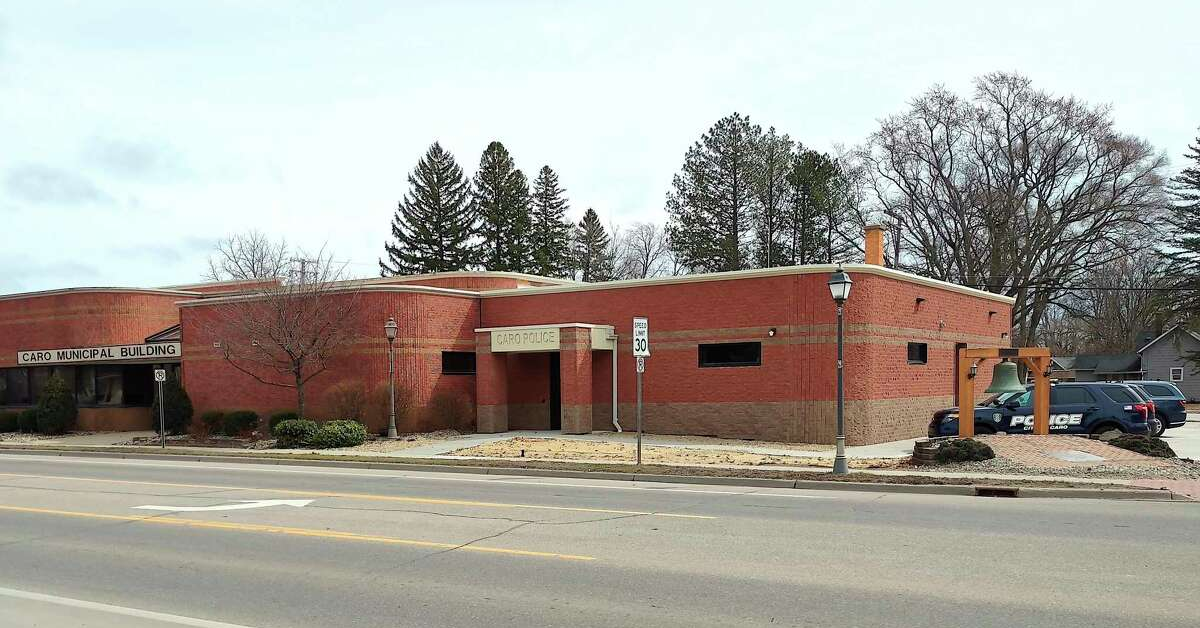
Caro, Michigan, is on the brink of a significant expansion in its marijuana industry, as it gears up for a crucial vote on a new ordinance in the upcoming February 2024 election. The proposal, initiated by a ballot committee through a petition, aims to substantially increase the number of licenses for marijuana cultivation and processing within the city.
Tuscola County Clerk Jodi Fetting recently announced the addition of this proposal to the ballot, signaling a potential shift in Caro's approach to marijuana legalization under the Michigan Adult Use Marijuana Act. Specifically, the proposal focuses on Class C cultivation licenses, which currently allow holders to cultivate up to 1,500 plants for medical use and 2,000 plants for recreational use. At present, Caro has issued two such licenses, but the proposed ordinance seeks to raise this cap dramatically to 30 grower licenses. Furthermore, the ordinance would permit stacking up to five Class C licenses.
Another key aspect of the proposal is the increase in the number of adult-use processor licenses, from the existing two to eight. Additionally, the proposal introduces a new type of license: the excess marijuana grower license. To qualify for this license, an entity must already possess five Class C licenses and at least two grower Class C licenses. This license type allows incremental growth of 2,000 plants under each license, aligning with medical marijuana regulations. If approved, Caro would offer two excess adult-use marijuana licenses.
The language of the proposal clearly states its intent to expand the number of Class C grower and processor licenses and to introduce excess grower licenses, thereby providing a framework for the city to regulate these establishments.
Scott Czasak, Caro City Manager, maintained a neutral stance, emphasizing that as the proposal is a citizen-initiated petition, he could only present the facts without personal commentary. Czasak highlighted that the approval of the proposal would open up more license opportunities, subject to the application and approval process.
This development in Caro reflects a broader trend of municipalities in Michigan and across the United States grappling with the implications and opportunities of marijuana legalization, particularly in the areas of cultivation and processing.
New Buffalo Township Approves Controversial Marijuana Retail Permit

During its December 18th meeting, the New Buffalo Township Board approved a preliminary special land use permit for Mint New Buffalo LLC. This permit allows the company to operate an adult-use marijuana retail establishment at 18300 U.S. 12. This decision comes despite opposition from the Township Planning Commission, which had recently voted against the request.
Michelle Heit, New Buffalo Township Supervisor, clarified that the Planning Commission's role is advisory and that the Township Board holds the final decision-making power. She emphasized that the application adheres to the local ordinance, which states, "A facility or establishment may not be on a parcel that abuts R-1, R-2, Ag, R, or MR zoning districts within the township." According to Heit, the Mint application met these standards, as the parcel in question does not directly abut a zoning district, being separated by a state highway.
New Buffalo Mayor John Humphrey, during the public comment section, raised concerns on behalf of city residents. He questioned the process, citing the Michigan Planning Enabling Act, which requires a second meeting if the Planning Commission's decision is appealed – a meeting that had not occurred. He also highlighted the zoning ordinance's discretion for the Planning Commission to issue special use permits and a clause prohibiting provisioning centers within 150 feet of residential dwellings, unless waived.
Several advocates spoke in favor of Mint's application. Barrett Young, representing Mint, reiterated the ordinance's language, stating it specifically pertains to the township. Omar Fakhouri, speaking for Mint, argued that the 150-foot buffer requirement had been met, referencing building-to-building measurement rather than parcel-to-parcel.
Opposition also surfaced. Cynthia Marquard, a resident whose property backs up to the proposed dispensary site, expressed her reluctance to have a dispensary nearby, citing the inappropriateness raised in the first meeting.
The Board also granted preliminary approval for other adult-use marijuana retail establishments, including J Elias Management/Puff, Accelerate Green/High Society, Weber Family Ventures, Simple AG New Buffalo/Supergood, and Michigan Pure Green.
In a related matter, the Board accepted the resignation of Clerk Judy Zabicki, effective January 1, 2024. Michelle Heit acknowledged Zabicki's contributions over her nearly 11-year tenure. Michelle Hannon was appointed as interim clerk, and Julie Flick as deputy clerk.
Mayor Humphrey, in a separate City Council meeting, argued that New Buffalo residents were denied due process in the approval of Mint's permit, stressing that the Township Board should be held accountable. He urged the City Council to consult attorneys before taking further action.


 Helpful Links
Helpful Links